
MPs have voted in favour of the Assisted Dying Bill, following a five-hour-long debate in the House of Commons, with a majority of 55.
330 MPs voted in favour, with 275 voting against.
It means the legislation will now progress to the committee stage for scrutiny, while the Lords will also be given opportunities to express their views.
The bill would allow adults who are terminally ill to request medical assistance to end their lives - with the approval of two doctors and a High Court judge.
The four MPs in Bury & Rochdale voted in parliament this afternoon, and here is how they voted and their reasons why:
Bury North - James Frith - AGAINST
In a statement released on social media on Wednesday, Frith said: "After serious reflection, detailed consideration of the bill, and extensive engagement with experts and constituents, I have decided that I will vote against assisted suicide in this Bill.
"As someone who has long championed improved palliative and hospice care, I firmly believe that we must do more to support those facing the end of their lives. Palliative care is a vital but undervalued aspect of our healthcare system, and its improvement should be central to our national conversations on terminal illness and end-of-life care. In my view, the availability of assisted dying/suicide highlights broader failures in this area, as some may feel or be made to think, it is their only option to manage suffering.
"While I have listened carefully to the arguments in favour of the bill, I remain deeply concerned about the potential risks.
"This decision has been one of the most challenging I have faced as an MP. It is a free vote, and ultimately, my conscience and own detailed analysis guides me. I respect the sincerity of those who advocate for this bill, and want the choice of when to die, as they’ve said. However I cannot, in good faith, support legislation that I believe carries such significant risks.
"I’m fully committed to continuing to engage on this, whatever the outcome of Friday’s vote. If the bill passes, I’ll work tirelessly to advocate for amendments that strengthen safeguards and address the concerns there are."
Bury South - Christian Wakeford - FOR
Wakeford made comment during the debate, with a statement on social media: "Today I will be voting FOR the Terminally ill adults (End of life) Bill.
"Many constituents have contacted me about assisted dying. This is a complex and emotive issue and I know there are strongly held ethical and moral views on both sides of the debate. As someone who lost their father as a child to terminal cancer, I had to watch as he faded away in pain. His suffering and how we found him would not have been his choice, nor would it have been ours. This experience has shaped my view to decide that if I was to be in a similar position, I would want a choice as to how I died.
"Successive governments, of both parties, have taken the position that the law on assisted suicide is a matter of conscience for individual MPs. The Prime Minister has confirmed that any change in the law on assisted dying will not happen via a Government Bill.
"If the law were to change, I believe that assisted dying should not become an alternative to high-quality palliative and end of life care. People deserve dignity in dying, and each person nearing the end of their life should feel reassured and safe in the knowledge they will receive the very best care."
Rochdale - Paul Waugh - AGAINST
In an open letter on his Facebook page Waugh said: "Today I voted against the Second Reading of the Terminally Ill Adults (End of Life) Bill. "I have real worries about protections for the vulnerable and the lack of choice caused by insufficient palliative care. I respect the views of all sides in this debate, and I hope changes can be made as the bill progresses to its next stage.
"I held a special surgery to hear for myself first hand what the people of Rochdale think, and I have been extremely moved by stories from constituents, both supporting and opposing this Bill. There are strong arguments and considerations, as well as profound ethical and moral views, on both sides of this debate.
"One key objection I have to the bill is that it will allow a doctor to proactively raise the option of assisted dying in a conversation with a patient. I think that would radically change the nature of the doctor-patient relationship, forcing every terminally ill person who met the bill's criteria to have a conversation that neither they nor their family may want.
"Most importantly I worry about what appear to me to be weak safeguards for the vulnerable. Protection of the vulnerable is one of the main reasons I became an MP in the first place.
"I worry that the doctor carrying out the consultation will have no personal knowledge of the patient's history to allow them to detect either outright coercion by a relative or - harder still - to spot when a patient feels obliged to end their life in order to be less of a 'burden' on their relatives or even the NHS.
"I fear that the legal process in the bill is not strong enough either, as the High Court judge will lack the prosecutorial capacity to call any witness he or she likes. All they are there to do is to check if the doctor has followed due process.
"I know this is an incredibly emotional and complex issue, and I understand that some people will feel disappointed by my decision. I want to reassure you that I've made it with great care and thought. I share the same goal as all MPs in this debate, whether they voted for the Bill or not: ensuring dignity, support, and compassion for people at the end of their lives."
Heywood & Middleton North - Elsie Blundell - AGAINST
Blundell posting during the debate: "Like others, I am impressed by the quality of contributions to the Terminally Ill Adults (End of Life) Bill debate. I will vote, by proxy, against the Bill. I’ve set out my reasons - broadly, I am not convinced that the most vulnerable will be kept safe under this legislation."
The Heywood & Middleton North MP set out her reasons, in a statement on November 12th, which reads:
"I can’t personally see a way in which taking a life could be aligned with my Christian faith. I know that some other people of faith will feel differently.
"I am also concerned that if the law was changed, some of the most vulnerable people in society - including the poor, and mentally ill - would feel ‘browbeaten’ into ending their lives, or like a burden to others
"Although this initial change in the law would apply to terminally ill people only, our communities, families and society would be forever changed by this shift in the relationship when it comes to assisted dying being sanctioned by the state."


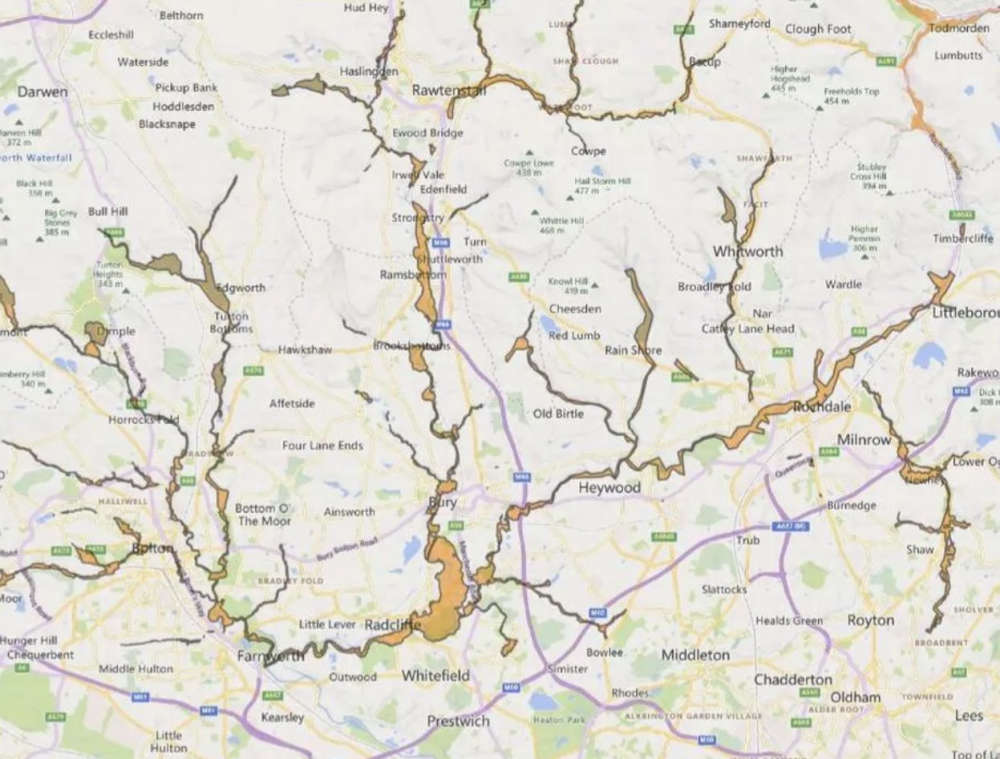 Flood alert issued for Rochdale and Bury as heavy rain continues across Greater Manchester
Flood alert issued for Rochdale and Bury as heavy rain continues across Greater Manchester
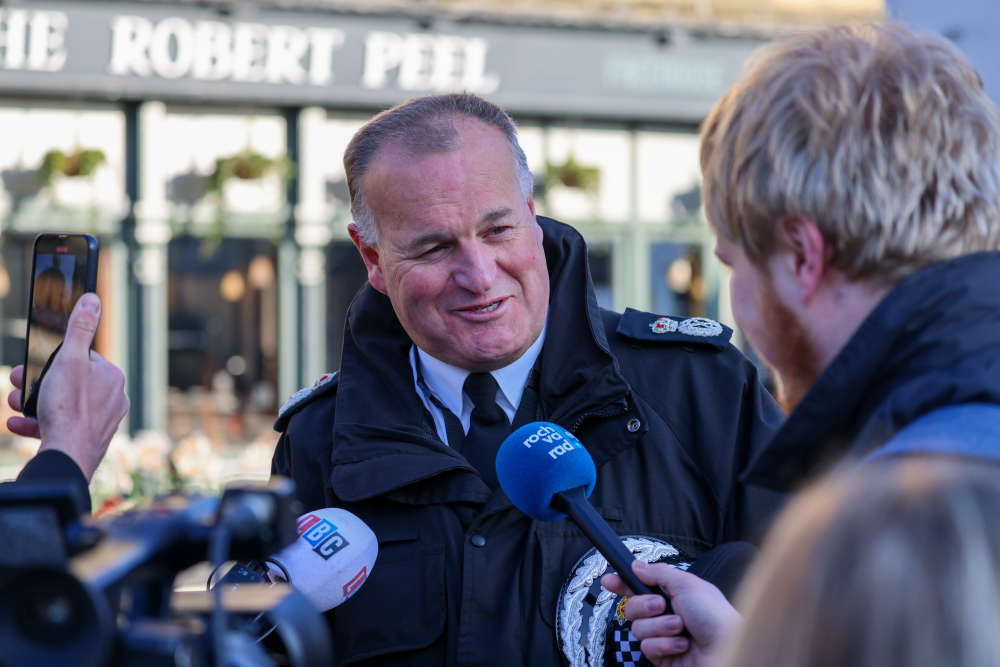 GMP cracks down on internal corruption in proactive investigation into officer misconduct
GMP cracks down on internal corruption in proactive investigation into officer misconduct
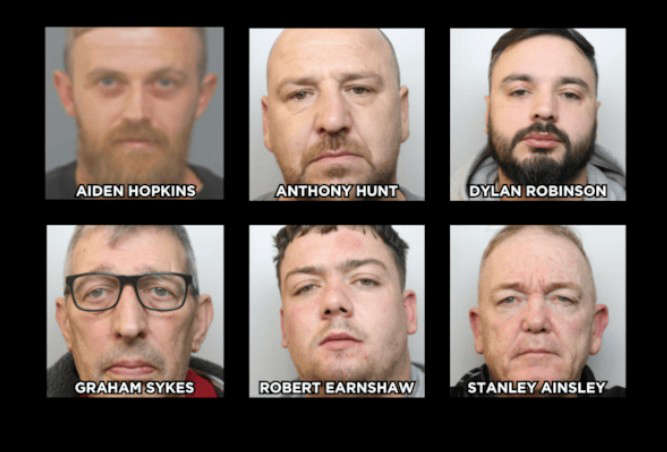 Middleton man jailed for 12 years in £1.8 million drug ring as ringleader still at large
Middleton man jailed for 12 years in £1.8 million drug ring as ringleader still at large
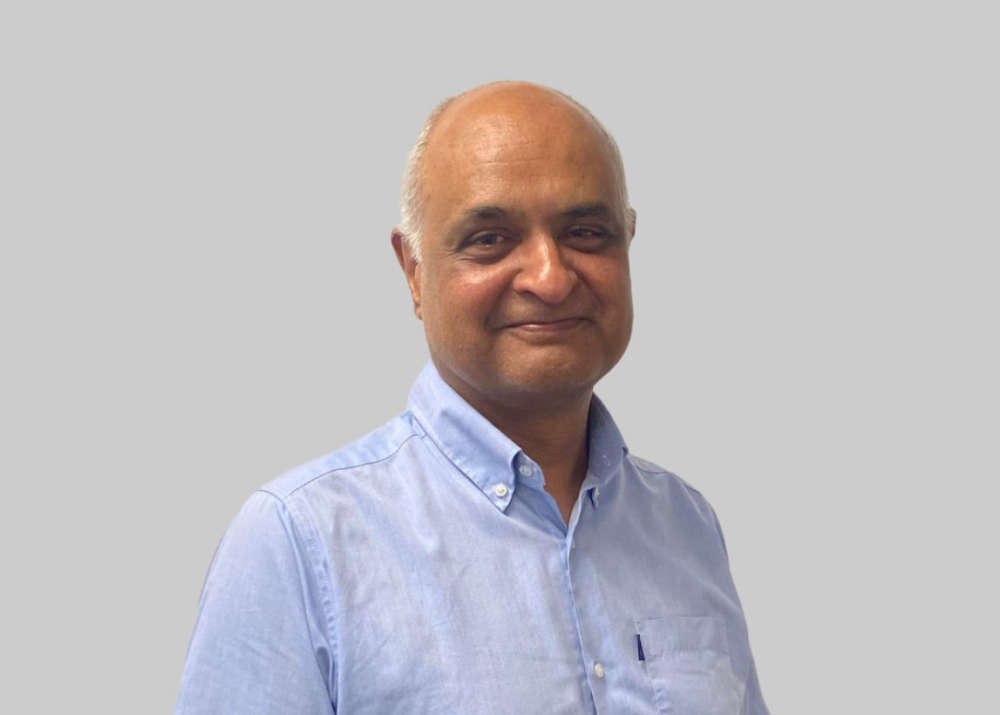 Bury GPs urge parents to vaccinate children against flu ahead of Christmas
Bury GPs urge parents to vaccinate children against flu ahead of Christmas
 REVIEW: Robin Hood panto hits target at Manchester Opera House with sharp gags and festive charm
REVIEW: Robin Hood panto hits target at Manchester Opera House with sharp gags and festive charm
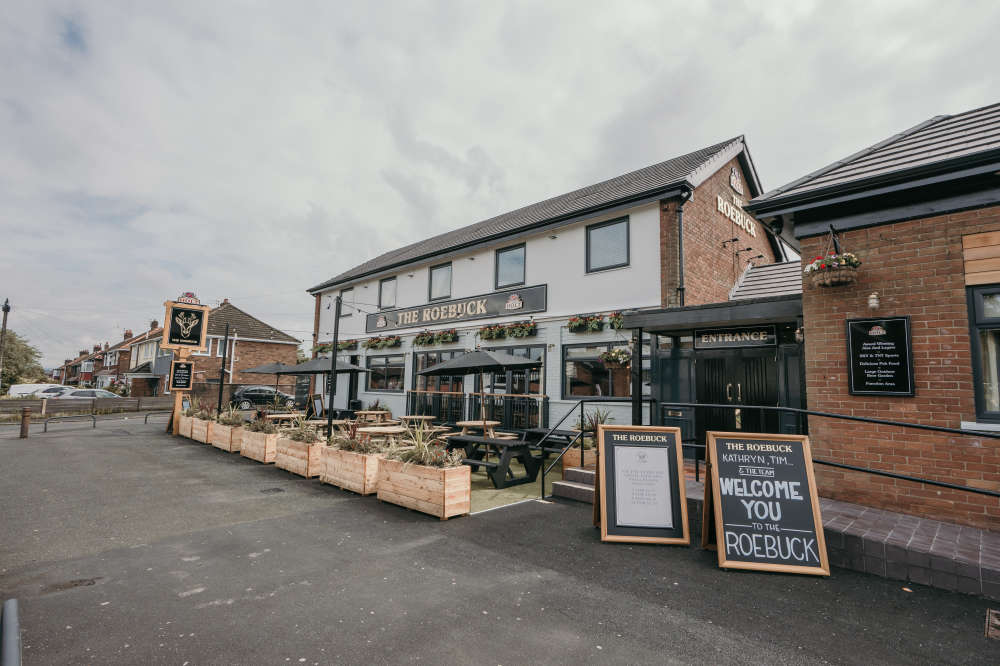 Ellie Roebuck completes Joseph Holt training course at pub that shares her name
Ellie Roebuck completes Joseph Holt training course at pub that shares her name
 Man charged with rape of two teenage girls in Bolton
Man charged with rape of two teenage girls in Bolton
 Family-led bands raise hundreds for Uganda summer school through Drumbeat UK
Family-led bands raise hundreds for Uganda summer school through Drumbeat UK



